Preparing for Difficult Situations
Racism isn’t an easy thing to tackle. It requires white folks to give up privileges and power to make a better, more equitable Portland. Equity work is related to historical and longstanding structural systems of inequality which are difficult to dismantle. But you CAN make significant change. You WILL see it. It will benefit everyone and restore justice. Removing the systemic barriers to equity is what will move you toward your goals. Mindfulness of difficult situations that will inevitably arise will help you be more prepared.
Potential Scenarios
Challenges based on identities:
Staff who identify as People of Color might feel unsafe to have conversations about race at work given the risk and burden upon BIPOC in the workplace. Make sure affinity space is available and well-facilitated. Additionally put out an invite for anyone to share concerns about the increased conversation on race (but don’t demand answers or call anyone specifically). Additionally, consider safety mechanisms such as making DEI trainings optional to BIPOC as they may or may not feel safe to participate in the shared training space.
For staff that identify as white, they may experience common expressions of defensiveness, guilt or simply aren’t aware of internalized racial superiority and bias. Make sure you have an equity practitioner that can support white folks in navigating this work and showing up better for colleagues of color.
Staff questioning why they are being asked to commit time to this process when they already have too much work to do. Make sure there is a commitment from the decision-makers to fully participate in DEI journey.
If decision-makers are not fully committed to the transformation, the rest of the employees will see this as just another thing they are being asked to do for no good reason.
Staff discouraged by how long it takes to actually transform to an anti-racist organization.
Harmful things are said by one staff member to another during a training session. Ensure that it is addressed that educates the entire staff, so that folks can learn but also be held accountable.
When you identify staff members who are harming other staff members what do you do about it? Offer a restorative justice option, support the employee being harmed and be willing to make a hard call if necessary.
How do you take the time that is needed for Diversity, Equity, and Inclusion work and still be productive? Remember to carve out 3x the amount of time you think DEI conversations will take. There is a lot of need to build trust. These are sensitive topics that have a big impact on people’s lives, especially folks of color. Be sure that DEI is a priority and be consistent. Try for monthly DEI meetings, DEI updates at all staff meetings, and core team meetings w/ DEI lead staff at least every two weeks.
How do you deal with folks not showing up for training? Make sure there is a process in place for management accountability just like any other accountability process.
Making trainings mandatory can be an important tone to set for the standard and elevation of equity work. However, we also find that it can create trauma for employees of color to be in the same space as folks are learning about their experiences of racism. Additionally, there might be some extremely problematic employees who disrupt the learning for everyone. Mandatory trainings can be a complex policy, as it may create increased tension and potentially backfire. Please be very thoughtful about how to balance staff expectations, BIPOC safety and accountability.
An example safety measure is to allow BIPOC to come in as they are able or feel comfortable to shared spaces of learning.
RELATED TOPICS:
A Poem by Maria Victoria Lara:
FEARFUL AND BOLD
Tied-up, a bundle of nerves. Afraid of failure, of losing power, money, and control, of their hearts and souls.
Fear dictated a set of ideas, attitudes, and reactions. This has stalled change and abolished opportunities.
They become aware, then feel unsafe, exhausted, and discouraged.
They were ready to surrender these fears and take authentic action, commitment, sacrifices, to do the hard work.
Create a better company, city, and community for ourselves, our kids, and others.
Confused, but decided to undertake it. It started by trusting a little and taking a small chance.
It wasn't a competition verses gender equity.
It was freedom, some hurt, but more healing; it was justice.
Let's try hope instead of fear, faith instead of false security and truth instead of passive-aggressiveness.
Let’s try innovation, resources, answers, unity, instead of fear.
It was monumental, and at the same time, it was so small, like a small pebble that started an avalanche, a small drop that started a storm. But it was possible and created unity in values. This cultural change created a new path, more work, new challenges, different healing stories, resources, more fear.
In the end, I realized fear was the essential component for change, for healing, for love, for inspiration, for stories, and life.











